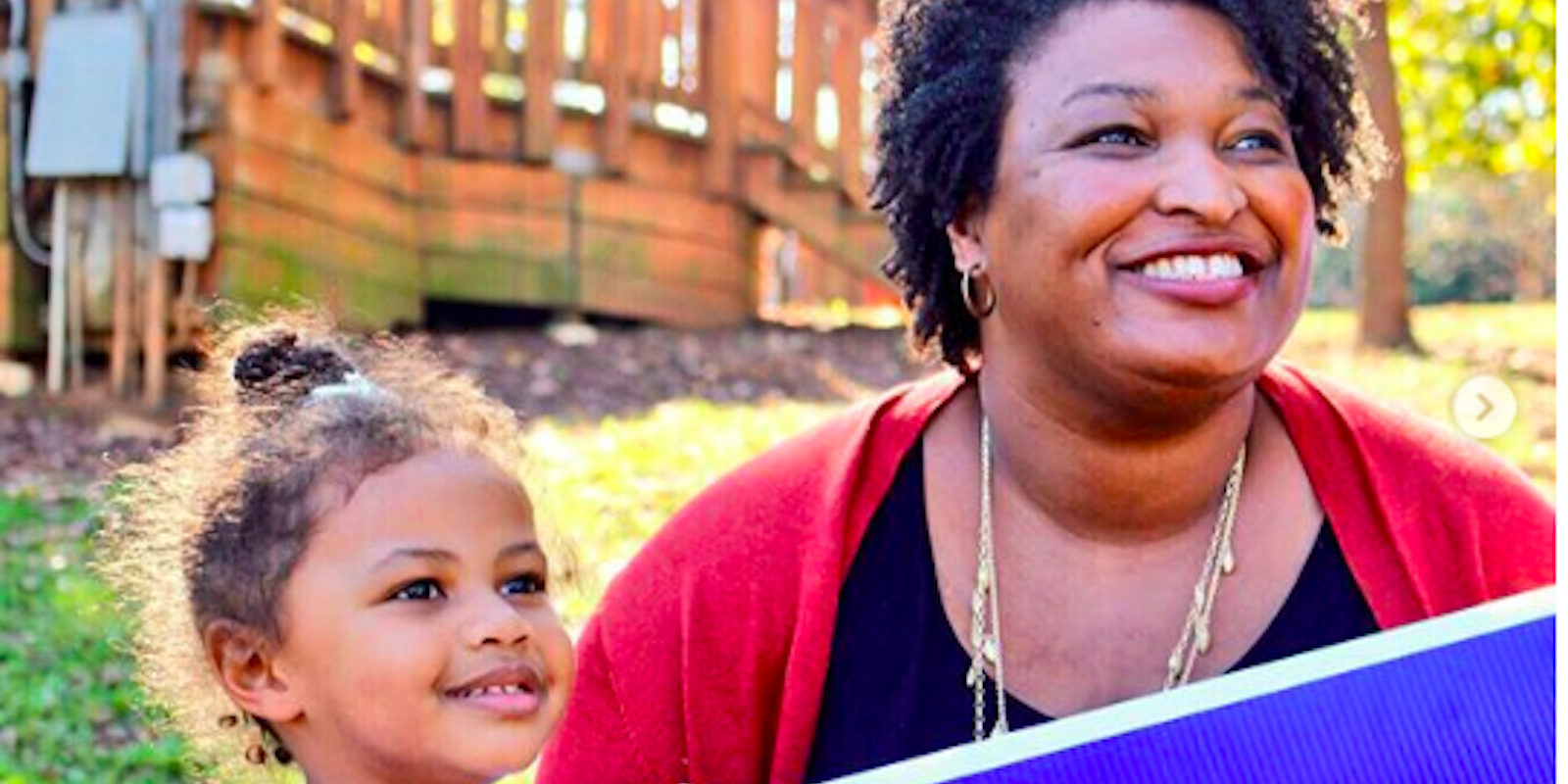In 2017, women took back their voices, their agency, and their effect on change. And now they’re taking on the gubernatorial campaign trail.
This year, at least 79 women are running for governor, or seriously considering running, according to the Center for American Women in Politics at Rutgers University, as reported by the Washington Post. Broken down further, 49 women are running for Democratic governorships, while 30 are running as Republicans. This would be more than double the amount of women who ran four years ago, and would surpass the previous record of 34 women who ran for governor in 1994.
Currently, only six governors and 12 lieutenant governors are serving across the United States. The history of female governors, 39 in total, is dismal compared to the goals that female candidates (and potential candidates) are hoping to achieve—the first three female governors were only elected to replace their husbands, and 11 others later succeeded, for as little as a week, after governors died or resigned.
It wasn’t until 1975, with Democratic Connecticut Gov. Ella Grasso, that a woman was finally elected to be governor in her own right, and not to succeed someone, let alone a man who was her husband. Her second term was cut short, however, when she resigned for her ovarian cancer diagnosis. She died the following year in 1981.
Other women have continued to make history, but it’s clear women—especially women of color—are still behind. Nebraska’s Republican Gov. Kay Orr, having served 1987-1991, was the first woman to defeat another woman in a gubernatorial race, and it wasn’t until 2011 that the South Carolina and New Mexico saw the country’s first female governors of color, both Republican. Overall, a record total of 9 women have served as governor at the same time, once in 2004, and again in 2007.
According to Bustle, female incumbents in Alabama, Iowa, Oregon, and Rhode Island are running for re-election, but also will go head-to-head against several first-time candidates. As many as eight women are running for governor in Minnesota, with four running in Ohio, and two running in Georgia.
One of the two candidates in Georgia, both Democrats, is Georgia State Rep. Stacey Abrams. Abrams already has endorsements from other prominent politicians such as New Jersey Sen. Cory Booker and fellow Georgia Rep. and civil rights leader John Lewis, as well as organizations such as EMILY’s List and NARAL Pro-Choice America. And if she were to win, she could become the first Black female governor, and the first Democratic female governor of color, ever.
While nearly 80 women are running, or considering running, for governor positions, it’ll be up to the primary elections to see how this influx of participation keeps up in the general elections.
H/T Bustle


